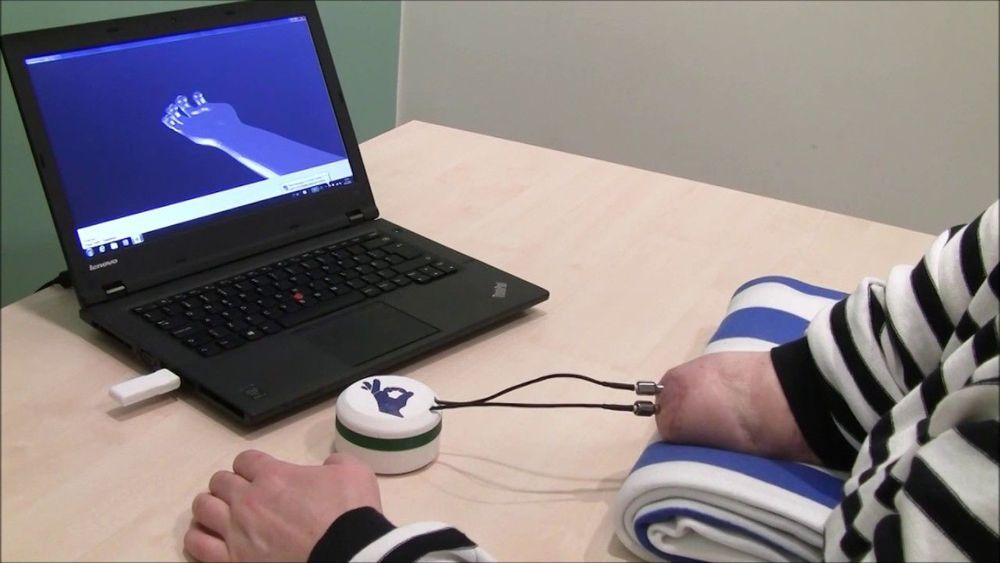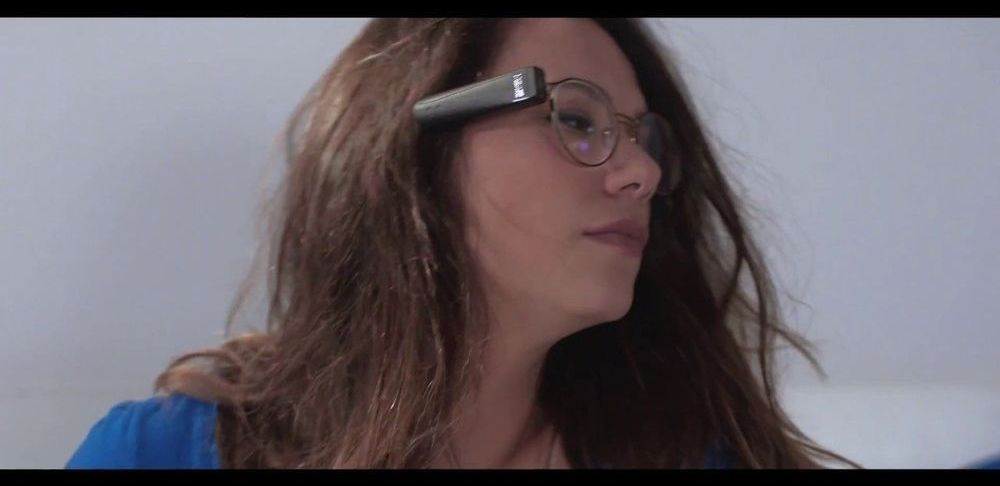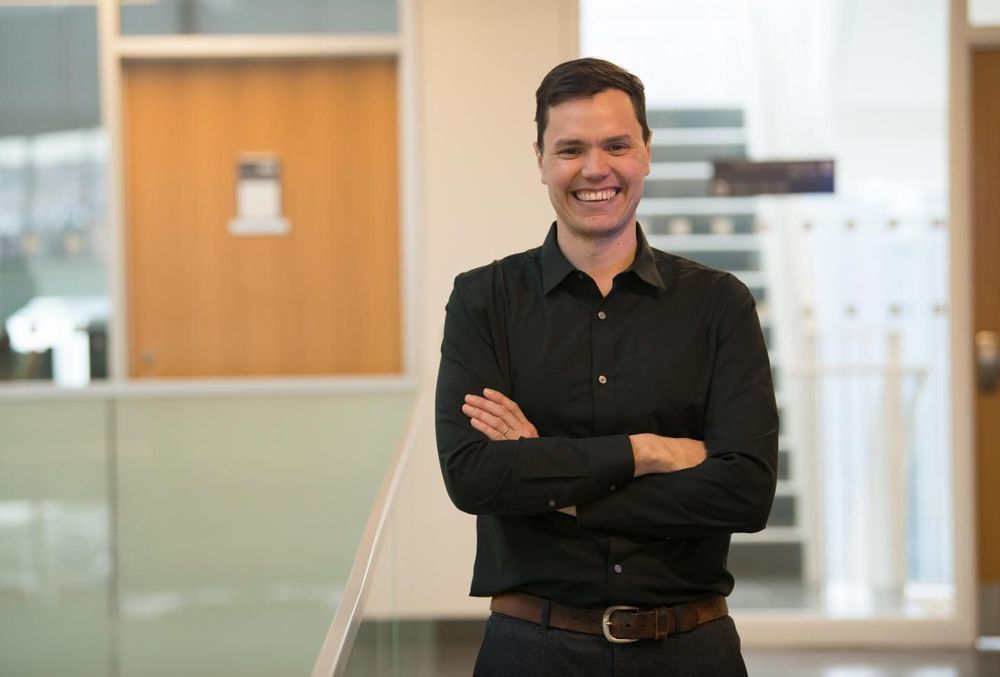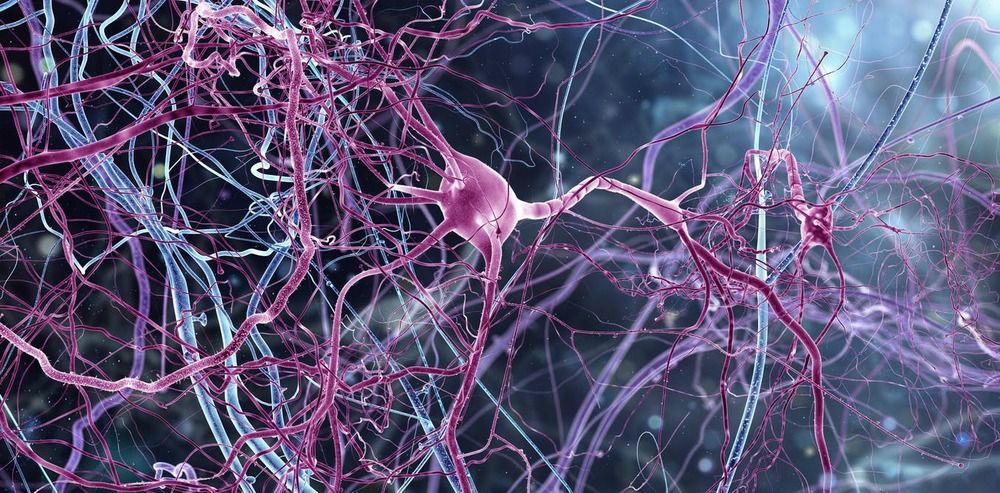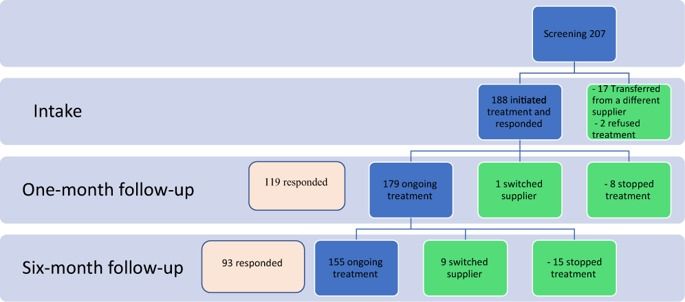Feb 7, 2019
Doctors Wired a Prosthetic Hand Directly Into a Woman’s Nerves
Posted by Paul Battista in categories: biotech/medical, cyborgs, robotics/AI
In a world first, doctors in Sweden say they’ve wired a prosthetic hand directly into a woman’s nerves, allowing her to move its fingers with her mind and even feel tactile sensations.
The hand is an enormous step up from existing prostheses, which often rely on electrodes placed on the outside of the skin — and it could herald a future in which robotic devices interface seamlessly with our bodies.
